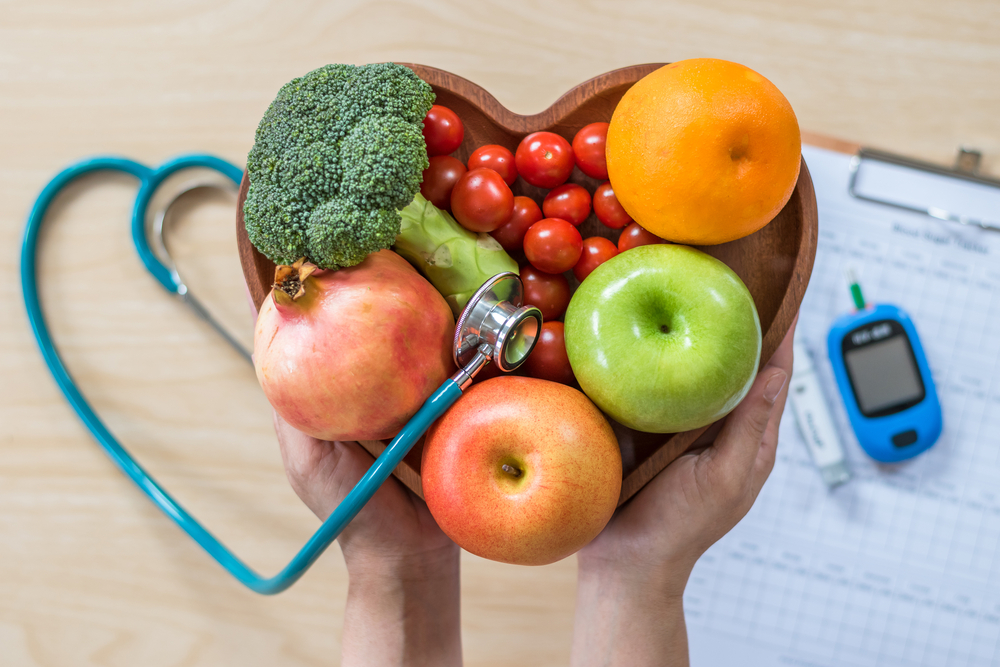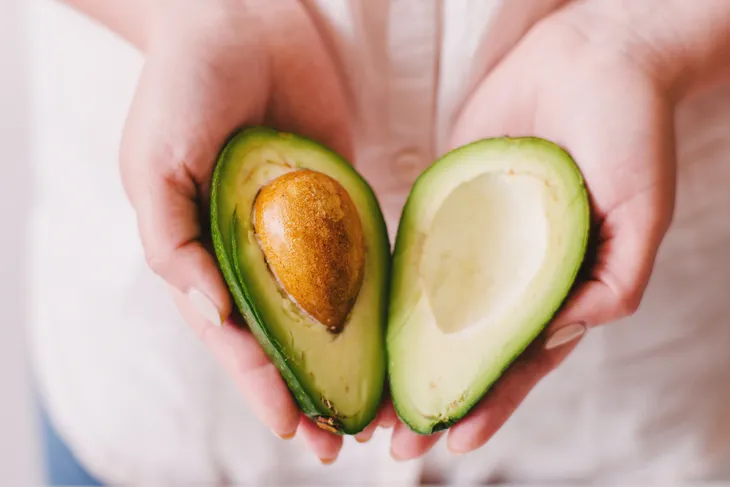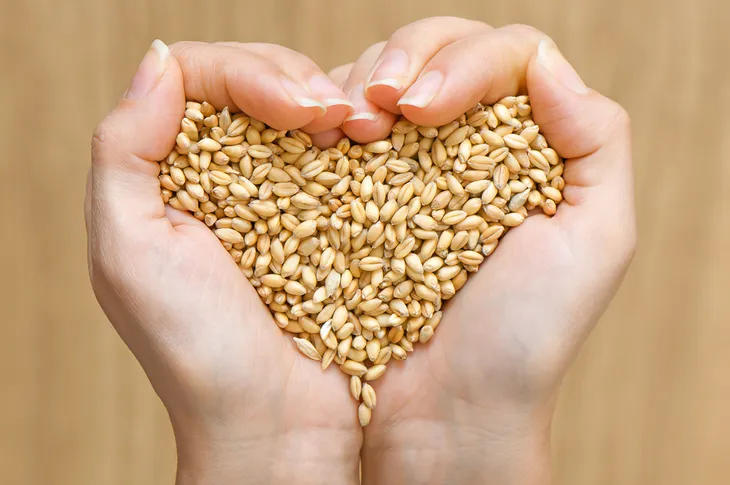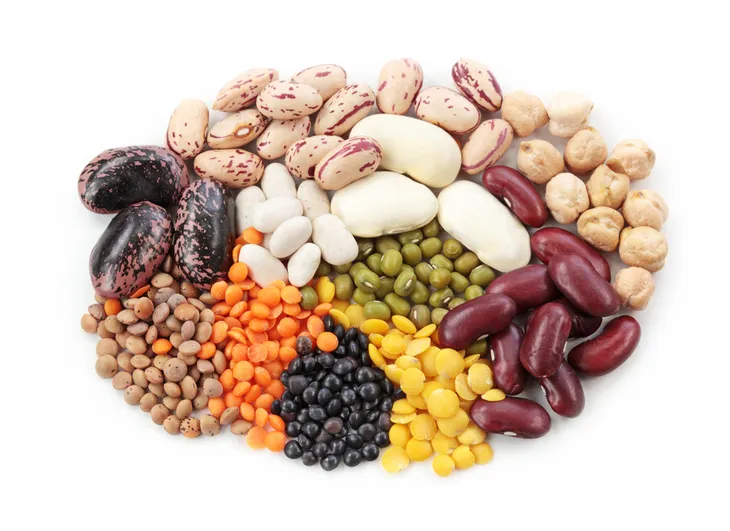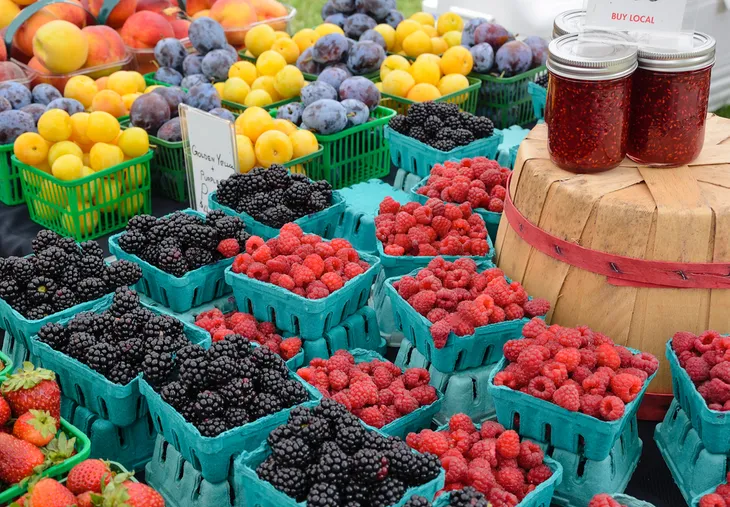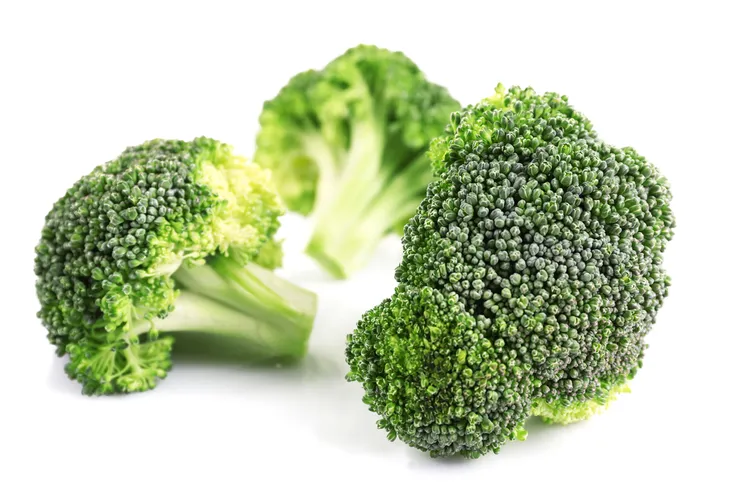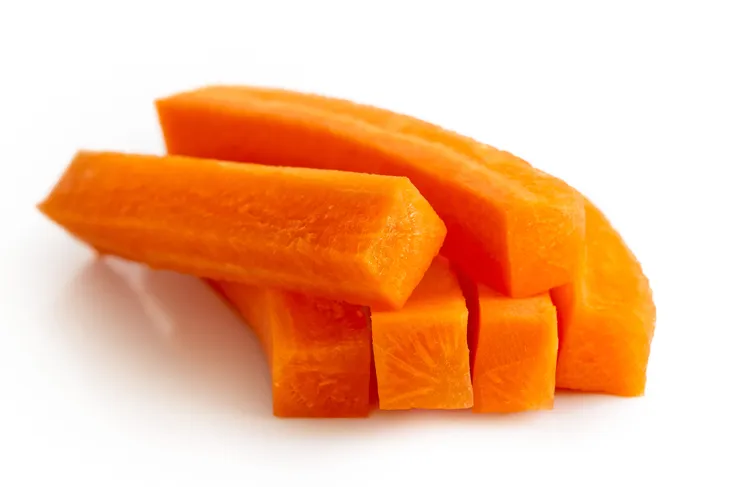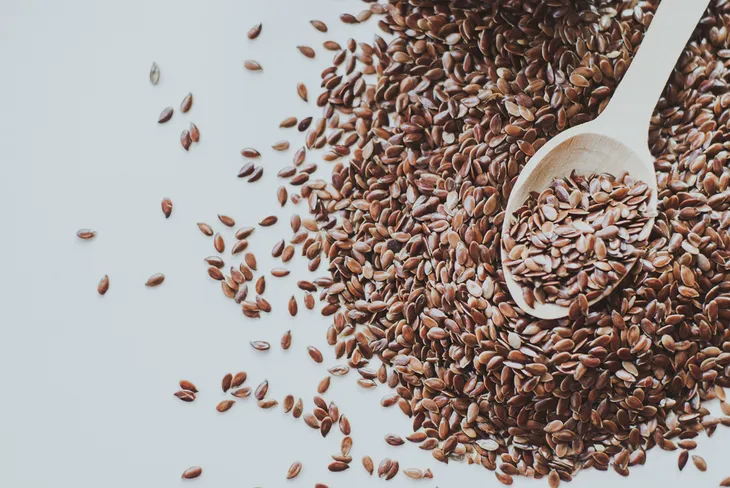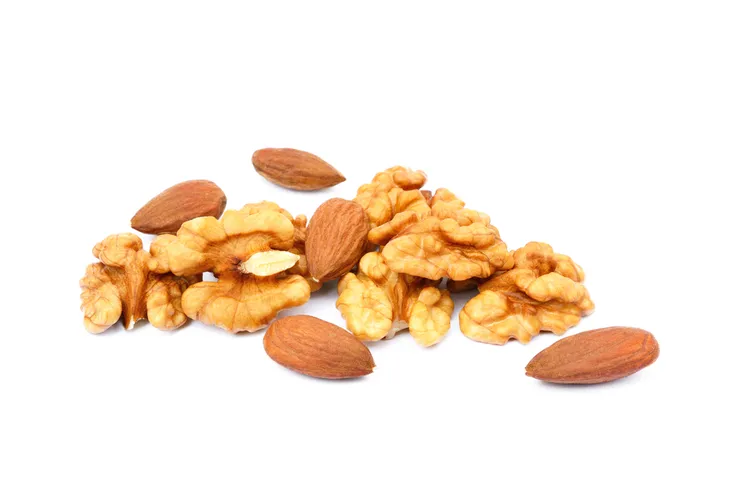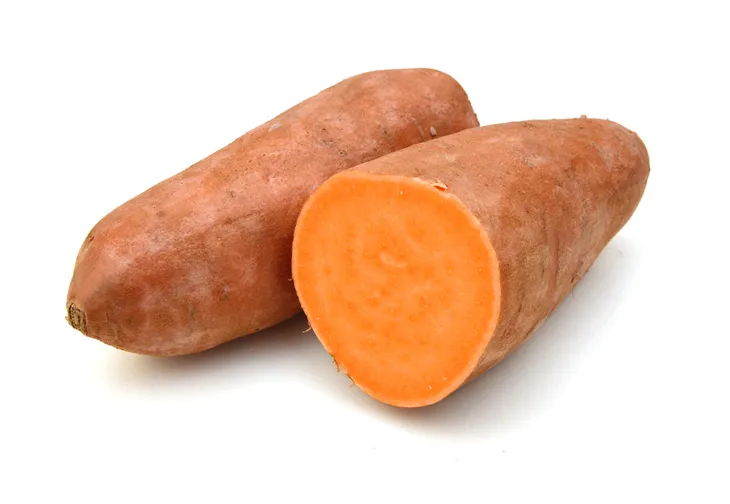Diabetes is a group of metabolic diseases that all share one common trait: high blood sugar levels that, if left untreated, can lead to cardiovascular disease, stroke, kidney failure, ulcers, and eye damage. There are two major types of diabetes: type 1 diabetes, which emerges when the pancreas fails to produce enough of the hormone that regulates glucose in the blood, and type 2 diabetes, which occurs when cells fail to react to the hormone that regulates glucose in the blood the way that they should.
Managing diabetes can be a real challenge. But there are a number of foods that can play a central role in helping diabetes patients keep their condition in check…
Want diabetes content delivered straight to your inbox? Sign up for our Diabetes newsletter and receive exclusive news and articles written from our team of diabetes experts.
Apples
We’ve all heard the saying: An apple a day will keep the doctor away. That idea is particularly accurate when you’re talking about diabetes, because apples are high in fiber (meaning they’ll keep you feeling full), low in calories, help in the fight against LDL (“bad”) cholesterol, and contain enough natural sugars to keep your blood sugar levels in check.
Keep in mind that fresh apples are your best choice—stay away from canned apples that come laced with added sugars. Diabetes patients should also be wary of apple juice that contains extra sugar.
Avocados
The secret is out: avocados, which contain lots of healthy monounsaturated fat, are the new super-fruit. Not only will they keep you full for an extended period of time, avocados can also prevent your blood sugar from increasing after you eat. It’s also worth noting that a diet chock full of healthy fats—like the fat found in avocados—can help reverse insulin resistance, helping diabetes patients better manage the condition.
There are several ways to consume avocado, but the most delicious may be guacamole dip. Of course, you can also add avocados to sandwiches and salads.
Barley
Many of us grew up eating meals that consisted of a protein, a vegetable, and something starchy. Problem is, rice can be an issue for diabetics. That’s why diabetes patients should give barley a try, as using the grain instead of white rice can cut the spike in blood sugar levels after a meal by roughly 70-percent.
Barley is particularly healthy for diabetics because it’s full of soluble fiber that slows the digestion process, which white (and even brown) rice can’t do. You can add barley to your favorite soups or just enjoy it as a side dish.
Beans
Beans are magical all right, particularly when it comes to diabetic diets. That’s because they’re chocked full of soluble fiber and natural protein, which slows the digestion process and keeps you feeling full longer. They’re really useful for vegan diabetics, who can use them in place of meat because they’re so full of protein.
This also means that beans—from chickpeas to kidney beans and edamame—keep blood sugar levels manageable. Beans can be added to casseroles, salads, and soups. Just make sure to wash them thoroughly beforehand. When cooking them, try using a pressure cooker.
Beef
For meat eaters, there are few foods more delicious than beef. But the key for diabetics is to choose leaner cuts and keep portions smaller—roughly one-quarter of a standard-sized dinner plate. Some leaner cuts to try out: inside round, ground round, tenderloin, sirloin, and flank steak. Try marinating your beef in less sugary mixtures that contain vinegar, wine, or citrus juice.
Diabetics benefit from eating beef because of its high protein content – that will keep you feeling full and help build muscle mass, which helps in the maintenance of a high metabolism.
Berries
Think of them as nature’s candy: they’re easy to eat, easy to acquire, full of rich colors, and deliciously sweet. They’re also chock full of fiber, which will help keep you feeling full longer and make you less likely to indulge in dangerous real candy.
Of course, there are many other reasons to eat berries. First, the red and blue types contain natural plant compounds known as anthocyanins, which researchers believe can lower blood sugar by enhancing insulin production. Second, they’re filled with antioxidants, which can help fight cancer.
Broccoli
Your mother had good reason to make you eat your broccoli. For one, it’s full of fiber, which means it will keep you full longer and make you less likely to indulge in no-no foods like chocolate and candy. Second, broccoli is chock full of antioxidants and just one serving contains an entire day’s supply of vitamin C. And recent studies have shown that broccoli can actually reverse the health impact of diabetes.
Broccoli—which is best steamed or pan-fried—is also dense with chromium, which research has shown can help diabetics manage their blood sugar levels. The veggie is particularly delicious when tossed in garlic and soy sauce.
Carrots
Carrots, unlike many other veggies, provide a perfect blend of savory and sweet, making them ideal for managing blood sugar levels. But that’s not all carrots can do for diabetics: they’re also full of fiber, which means they’ll keep you feeling full for an extended period of time.
And then there are all of the other health benefits—like their high levels of beta-carotene, which can lower the risk of diabetes. Carrots can be fried, baked, barbecued or consumed raw. Just make sure that any dip you use isn’t full of added sugar.
Fish
Cardiovascular (or heart) disease is a major problem for people dealing with diabetes. That’s why eating fish – which is high in heart-healthy omega-3 fatty acids—is such a great choice for diabetics. In fact, recent studies have shown that eating fish just once each week can cut one’s risk of heart disease by an incredible 40- percent.
Of course, you may not want to eat too much fish, which can sometimes contain chemical contaminants like mercury. This should be a particular concern for diabetics who are pregnant or looking to become pregnant.
Flaxseed
Flaxseed may just be the perfect food for diabetics. Why? Because it contains lots of protein and fiber, both of which will keep you feeling full for a long period of time and prevent you from eating less healthy foods. Furthermore, flaxseed is high in healthy omega-3 fatty acids.
Flaxseeds can be found in all types of whole grain breads, but because they don’t have a strong taste, they can also be easily added to smoothies, yogurt, burgers, pancakes, meatballs, meat loaf, cereal, even ice cream. To make sure they keep longer, buy flaxseeds whole and keep them in the fridge.
Nuts
Like avocados, nuts are full of healthy fats (though this does vary depending on the type of nut) that can keep you feeling full much longer. Their tendency to help slow digestion can also help in the regulation of blood sugar levels.
Nuts are delicious on their own, but can also be added to soups and stir fries. The trick is to buy them raw or roasted; also, try to avoid the packaged nuts that are laced with salt and unhealthy oils.
Sweet Potato
Sweet potatoes are an excellent choice for people who just can’t give up their spuds. Swap out your standard white baked potato for a baked sweet potato and you’ll see your blood sugar rise about 30- percent less. Sweet potatoes are also chock full of healthy nutrients and are an excellent source of fiber, which will keep you feeling full for an extended period of time.
There are a number of different options for preparing sweet potatoes—you can bake them whole, slice them into sections and fry them, or mash them up. In any case, you’ll be enjoying a snack that’s known to lower cholesterol, slow digestion, and keep diabetics feeling great.
